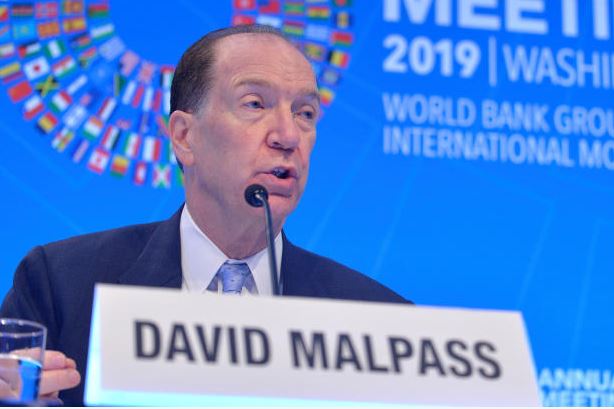×
The Standard e-Paper
Kenya’s Boldest Voice

World Bank President David Malpass. [Reuters]
The World Bank is working with the International Monetary Fund (IMF) on ways to factor climate change into the negotiations about reducing the debt burdens of some poor countries, World Bank President David Malpass said on Friday during an interview.